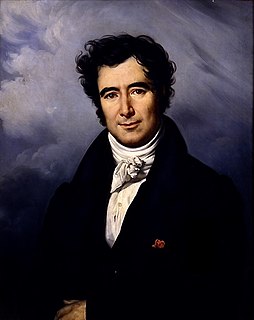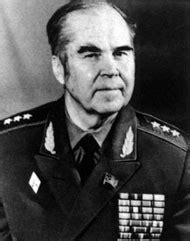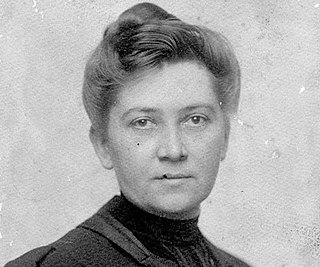A Quote by Laurence Sterne
So that the life of a writer, whatever he might fancy to the contrary, was not so much a state of composition, as a state of warfare; and his probation in it, precisely that of any other man militant upon earth,--both depending alike, not half so much upon the degrees of his WIT--as his RESISTANCE.
Related Quotes
I was often humiliated to see men disputing for a piece of bread, just as animals might have done. My feelings on this subject have very much altered since I have been personally exposed to the tortures of hunger. I have discovered, in fact, that a man, whatever may have been his origin, his education, and his habits, is governed, under certain circumstances, much more by his stomach than by his intelligence and his heart.
The man who occupies the first place in an undemocratic state can give himself any award that takes his fancy, but it does not increase his authority - rather, the contrary. This was something Brezhnev and Chernenko did not understand. In all, Stalin had about as many decorations as, say, Mekhlis, and four or five times fewer than Brezhnev
How much reverence has a noble man for his enemies!--and such reverence is a bridge to love.--For he desires his enemy for himself, as his mark of distinction; he can endure no other enemy than one in whom there is nothing to despise and very much to honor! In contrast to this, picture "the enemy" as the man of ressentiment conceives him--and here precisely is his deed, his creation: he has conceived "the evil enemy," "the Evil One," and this in fact is his basic concept, from which he then evolves, as an afterthought and pendant, a "good one"--himself!
By assigning his political rights to the state the individual also delegates his social responsibilities to it: he asks the state to relieve him of the burden of caring for the poor precisely as he asks for protection against criminals. The difference between pauper and criminal disappears - both stand outside society.
...a man estimable for his learning, amiable for his life, and venerable for his piety. Arbuthnot was a man of great comprehension, skilful in his profession, versed in the sciences, acquainted with ancient literature, and able to animate his mass of knowledge by a bright and active imagination; a scholar with great brilliance of wit; a wit who, in the crowd of life, retained and discovered a noble ardour of religious zeal.
Man in his raw, natural state as he comes from the womb is morally and spiritually corrupt in disposition and character. Every part of his being-his mind, his will, his emotions, his affections, his conscience, his body-has been affected by sin (this is what is meant by the doctrine of total depravity)
In this state one enriches everything out of one's own fullness: whatever one sees, whatever wills is seen swelled, taut, strong, overloaded with strength. A man in this state transforms things until they mirror his power—until they are reflections of his perfection. This having to transform into perfection is—art.
Nothing fans me into such a state of peaceful mental somnambulance as the intellectual antics of a person who displays his learning, not from vanity always, but frequently because it is all he has got; no real sense, no wisdom of his own, merely much good stuff he has learned from other sources. He spreads it like a garment as any other decent person would to hide the thinness of his shanks.
The evil of the actual disparity in their ages (and Mr. Woodhouse had not married early) was much increased by his constitution and habits; for having been a valetudinarian all his life, without activity of mind or body, he was a much older man in ways than in years; and though everywhere beloved for the friendliness of his heart and his amiable temper, his talents could not have recommended him at any time.
He is not the soul of Nature, nor any part of Nature. He inhabits eternity: He dwells in a high and holy place: heaven is His throne, not his vehicle, earth is his footstool, not his vesture. One day he will dismantle both and make a new heaven and earth. He is not to be identified even with the 'divine spark' in man. He is 'God and not man.





































